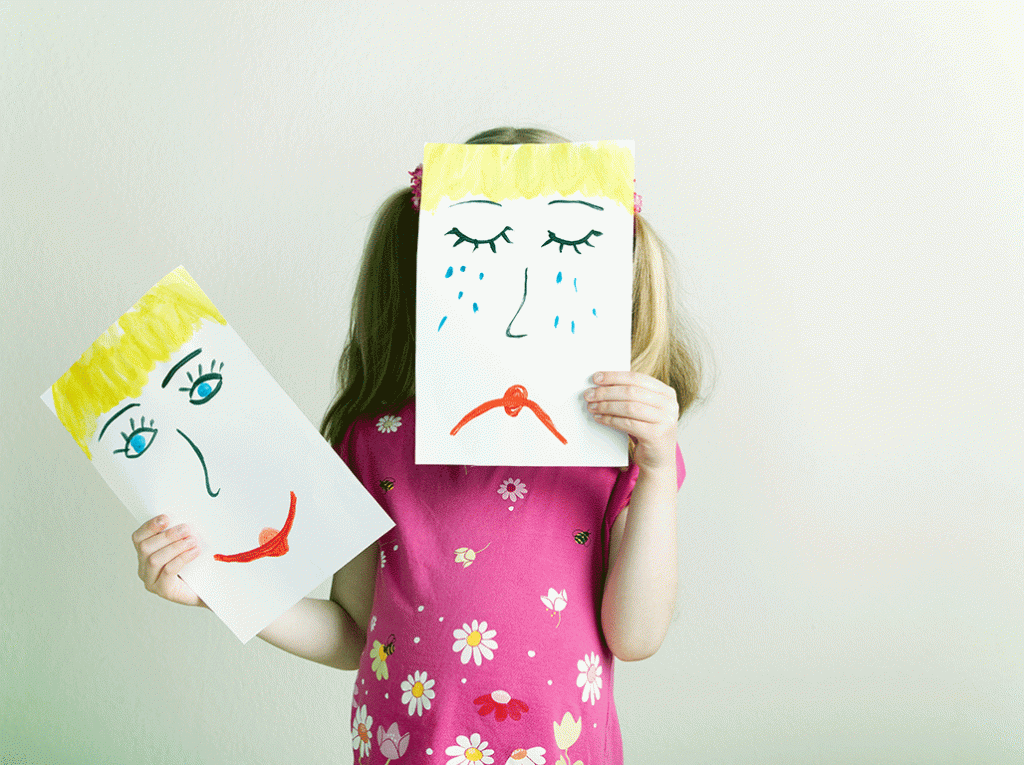4 Hacks To Be Happy Anywhere Anytime
Hacks to be happy are what we all need right now. Did you know there are ways to get and stay happy, no matter what’s happening in your life? Really. Even dealing with early recovery, ongoing recovery, job instability, political instability, and anything else that’s scary in the world right now.
Remember when you felt happy at the tiniest thing? That was before puberty, of course, when the tiniest thing could make you miserable, too. When you were a child happiness came naturally. You weren’t overloaded with painful memories, painful current events, and ongoing life problems. You had your worries, of course, but an ice cream cone could lift the blues.
Hacks To Be Happy: Why We Need Reminders
Remember happiness? Seriously, for most of us, there was a time when being happy was easy. But what about now? Do you feel sad because you can’t be happy? Well, there are some very good reasons for feeling concerned right now, but there are ways to recover your feelings of peace and serenity.
You see articles about being happy all the time. In fact, I’ve been writing about it for decades because I’ve always wanted to know. The first time I wrote an article about what makes people happy, I asked them. I took a bunch of surveys. Happy people seemed like super people to me because I worried a lot and wasn’t happy all the time. And I wondered why my brain wouldn’t turn off.
That was the old days. We thought that good relationships, being content with what is, keeping busy, and enjoying work were pretty good answers for getting happiness. But guess what? Being happy is about engaging the brain’s reward system in positive, not negative ways. Imagine that. It’s neuroscience, not willpower.
Hacks To Be Happy Provide Positive Brain Rewards
Our brain reward system doesn’t know the difference between what’s good for us and what isn’t. It’s just activated. Dopamine and other chemicals are released with brain activity. In the case of substances, our brains are flooded with chemically induced dopamine. We feel good, deadened, or vividly alive. For a while.
Negative brain activity in a feedback loop might look like this: We’re mightily tempted by something we shouldn’t have or do, then we give in and do it. Eating that many cupcakes, and then wanting to do it again, for example. Or we binge in another way. We feel bad and we feel good. We crash and want to feel good again. Repeat the feedback loop.
Hacks To Be Happy Break The Sadness Habit
Some things that make us unhappy are reinforced because our brain thinks something useful is happening. Take worry for example. Actually, please take mine. Ironically, worrying activates your brain’s reward system in much the same way as giving in to a craving. Your brain doesn’t know the difference between positive activity, which would be problem-solving, and useless activity, like obsessing over…not being happy.

Why You Have The Sadness Habit May Surprise you
One quick note. It takes fifteen minutes to get over a craving. For that cupcake, cigarette, drink, purchase you can’t afford. If you can distract yourself from that desperate wanting for fifteen minutes, the craving will dissipate. Don’t ask me why. This doesn’t work for opioids and other drug cravings, however, so don’t think for a moment that willpower can overcome a substance use disorder. We’re talking about mood and the feedback loop here.
The good news is that you can create your own dopamine-producing feedback loops. Check out our New Book, The Mother Daughter Relationship Makeover.
Our Four Top Hacks To Be Happy
- Be Grateful
This is on the top of everyone’s list for feelings of well-being. This is because feeling grateful activates the brain stem region that produces dopamine. The antidepressants Wellbutrin and Prozac also do the job of boosting dopamine and serotonin. Just feeling grateful can produce the same biological effect. Feeling grateful is a form of emotional intelligence, and it can do more than just make you happy. One example is telling people that you appreciate them. It creates a positive feedback loop. People you connect with feel good, and you feel good. And it creates the feel-good activity you want to repeat. Note to yourself. If you don’t feel grateful, just thinking about what might make you feel grateful produces a good feeling, too.
- Give your negative emotions a name
In other words, stop denying or hiding your feelings. A lot of us go around pretending we’re okay when we’re actually dying or crying inside. Don’t think if you pretend you’re all right you’ll be all right. Brain activity is working against you when suppress or deny your emotions. When you put your fears, anger, worries, and resentments into words, however, whatever hurts loses some of its impact. I’m mad, sad, and scared. Saying it in just one or two words allows you to recognize your emotions and neutralize them. It’s a boost to your brain, and you’ll feel happier.
- Make a decision
Say you’re going through stress about something and can’t stop thinking about it. Hate my job, and need a vacation. Must finish all those projects. How am I going to make more money? Worrying activates your brain in a negative way that makes you unhappy. Surprisingly, just making a decision will break the cycle and make you happy. I’m leaving on that vacation in April. I’ll start looking for a job and see if something comes up. I’ll do some extra work to get overtime. This is a shift from endless worry that tricks your mind into thinking it’s productive to soothing your brain by taking a real mental action.
- Connect and Touch
Feeling isolated, unloved, and rejected are about as painful as emotions get. And these feelings of aloneness can be activated in so many ways and replayed in an endless feedback loop of misery. People say that connection is the opposite of addiction. The connection can happen in just as many ways. Reaching out to someone else who’s sad and lonely, talking to someone, holding hands, hugging friends, and being hugged in return. These are ways to short-circuit misery and create a new feedback loop of happiness. You can also achieve this dopamine boost in an exercise or yoga class, having a manicure, pedicure, or massage. And many other ways.
100 Tips For Growing Up In Recovery
More Articles To Read
22 Tips For Sober Life This Summer
30 Days Sober Has This Affect On Your Body





















